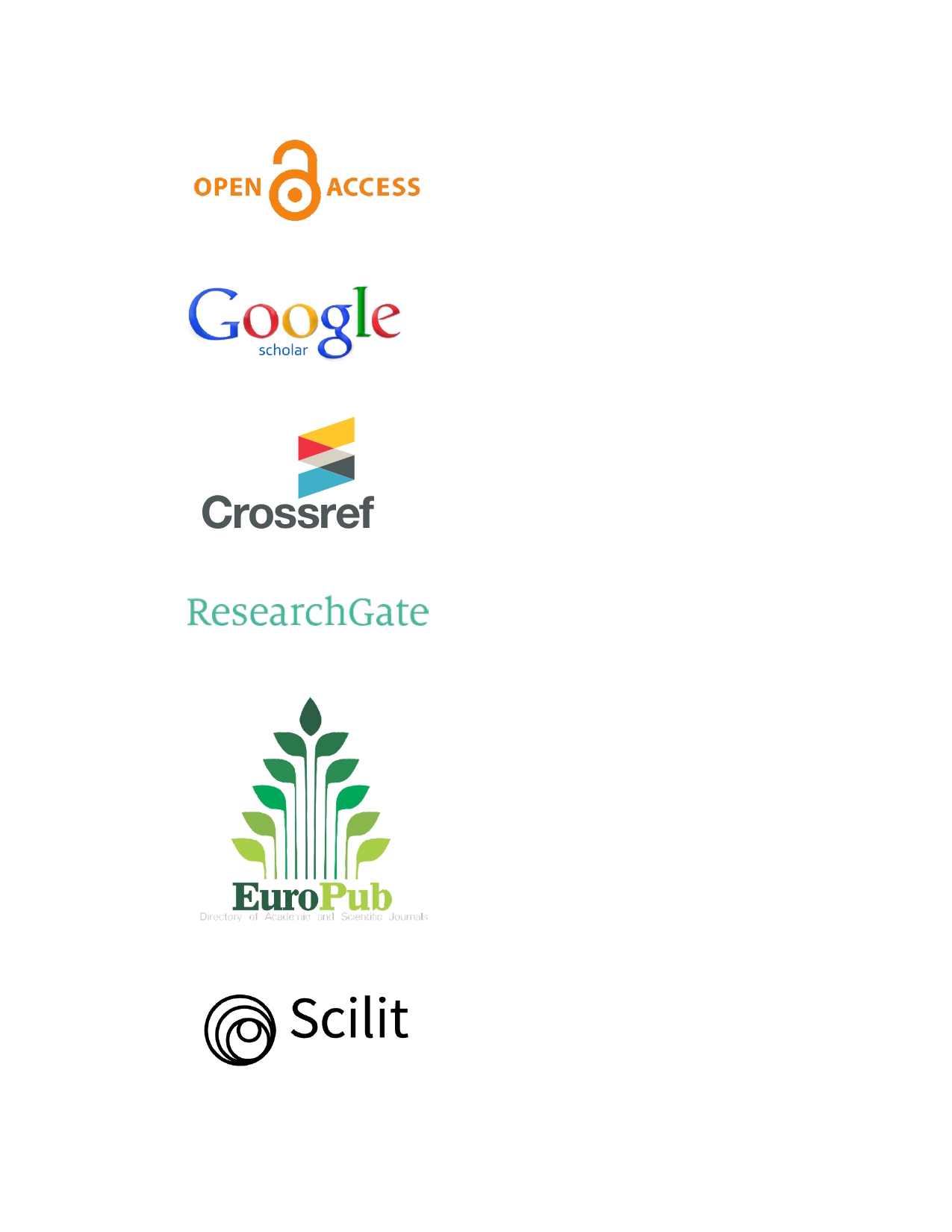Speech Acts Dynamics in Arabic: Investigating the Acquisition of Apology and Request Among Algerian Children
Keywords:
Speech Act Theory, acquisition, children, Algerian Arabic, Apology, RequestAbstract
During interpersonal interactions, individuals employ various speech acts, such as apologies and requests, to fulfill communicative objectives. This research focuses on investigating the acquisition of apology and request skills in Algerian children. The primary objectives are to explore the impact of age on the utilization of speech acts in children and to identify the predominant sources contributing to the acquisition of such communicative skills. The study involved 12 participants, evenly distributed across two age groups: Group A (3 to 6 years old) and Group B (7 to 10 years old). Data collection utilized an oral Discourse Completion Task (DCT) featuring six scenarios, with the researcher recording participants' responses. Quantitative and qualitative analyses, employing C. Garvey's (1974) framework for requests and R. Ely & Gleason's (2006) framework for apologies among children, were conducted. While both age groups demonstrated proficiency in using apology and request speech acts, nuanced differences emerged. Older participants (Group B) exhibited heightened linguistic awareness, employing both direct and indirect forms along with diverse strategies for apologies and requests. In contrast, younger participants (Group A) displayed more static and repetitive expressions. The study concludes that age significantly influences the acquisition and production of speech acts. Furthermore, it identifies various sources, including direct guidance from parents and teachers, as well as peer interactions, contributing to children's acquisition of apology and request speech acts.
Downloads
Published
How to Cite
Issue
Section
License
Copyright (c) 2023 Noureddine Derki

This work is licensed under a Creative Commons Attribution 4.0 International License.






